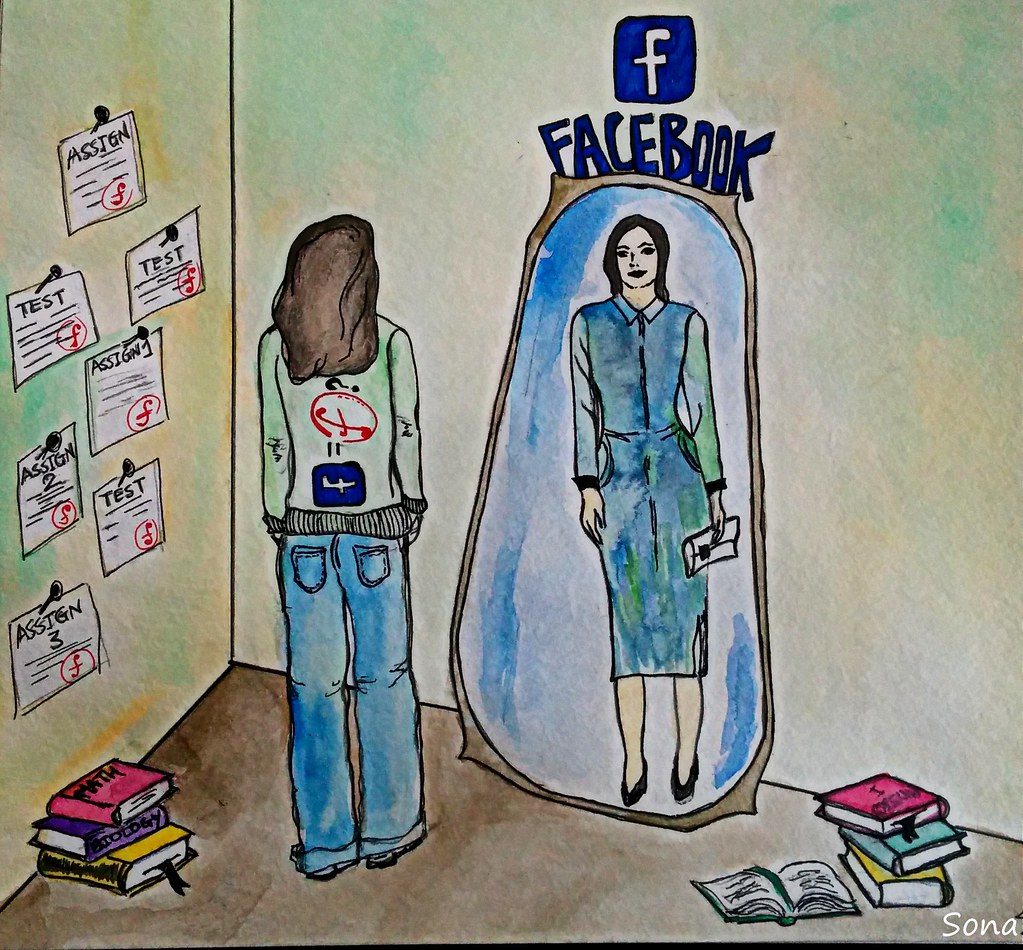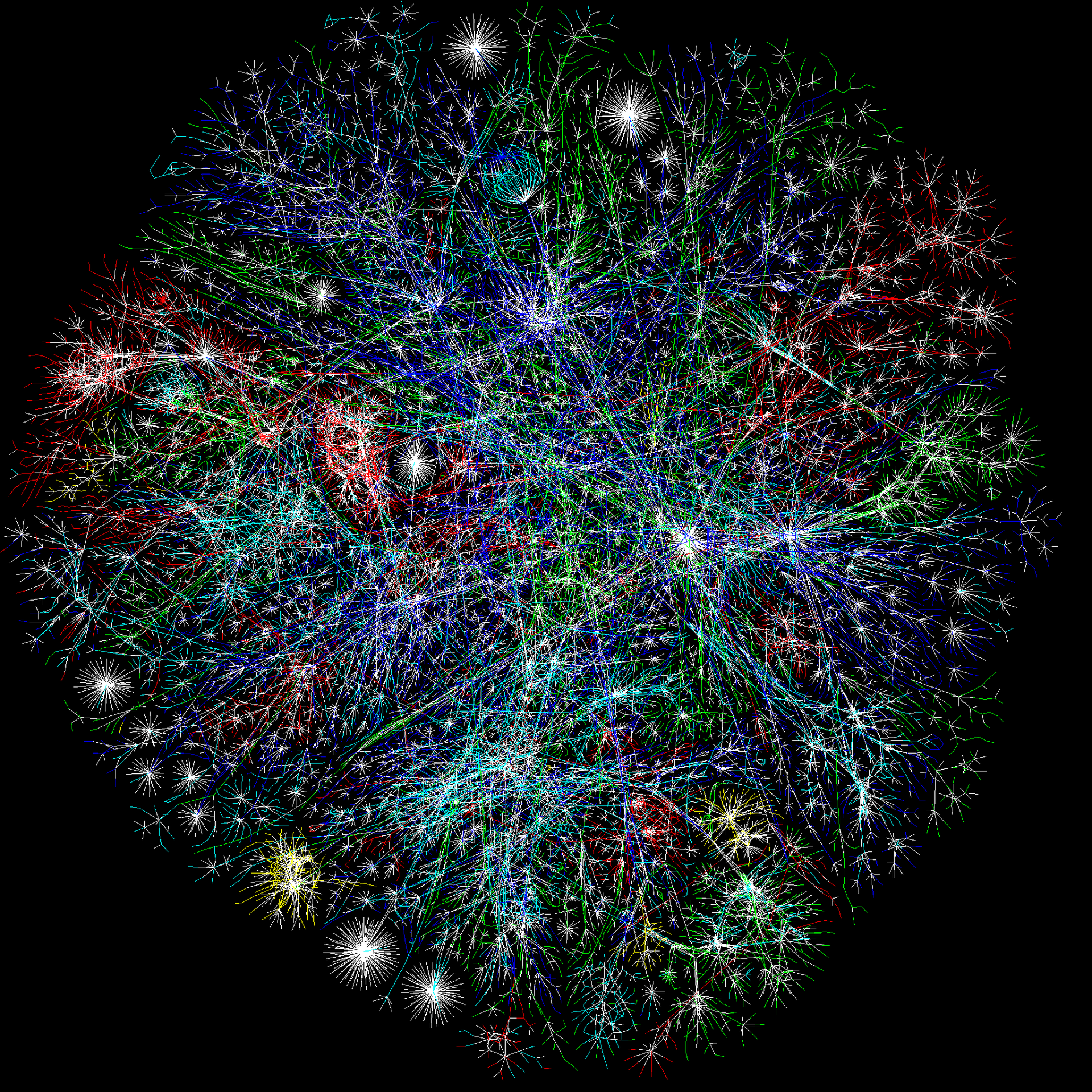
Contrary to common perception that sees the Internet as a democratic space, Lisa Nakamura (2013) coins the term “cybertype” to argue how the Internet continues to propagate, disseminate, and commodify images of race and racism that circulate in the society. Additionally, Frank Schaap (2006) explains that “technology is developed by people who are embedded in a particular social, cultural, political, and economic situation” (234). Hence, like the discursive construction of race, the Internet takes certain gender stereotypes as ‘normal’ and ‘neutral’ (.e.g. men as aggressive, women as sexualized and objectified objects) since those are the values that are considered acceptable.
- Choose one online game and analyze its gender and race construction. How is a certain racial ideas and gender values represented through the visual, verbal, technological media utilized in the game? Does it reflect the broader social norm or does it in fact try to offer a new understanding of race and gender? In what ways?
- Explain how the online game you analyze supports or contradicts Nakamura’s and Schaap’s theory. Provide a quote from each reading to strengthen your argument.





